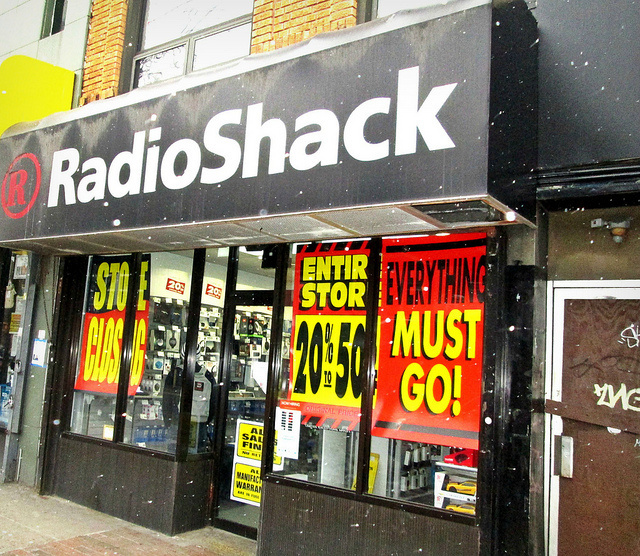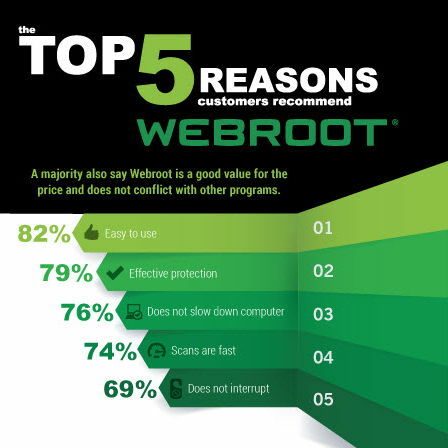http://arstechnica.com/tech-policy/2015/03/despite-privacy-policy-radioshack-customer-data-up-for-sale-in-auction/
RadioShack is trying to auction off its customer data on some 117 million customers as part of its court-supervised bankruptcy.
The data in question, according to a legal challenge (PDF) launched by Texas regulators on Friday and joined by the state of Tennessee on Monday, includes "consumer names, phone numbers, mailing addresses, e-mail addresses, and, where allowed, activity data."
The states say the sale breaches the 94-year-old chain's promises to its in-store and online customers that it would not sell their personal identifying information (PII) data.
Well the sale will no doubt be allowed to go ahead but I hope there are strct limitations as to who can buy the data and how it is used. That is a huge amount of data to sell and it must be very attractive to all sorts of organisations.
It would be nice if there were some regulation. Or if privacy policies specified what happens to data once the company goes out of business.
Mar 25, 2015 By Martyn Williams
New York’s Attorney General says his office will take “appropriate action” if personal data on millions of RadioShack customers is handed over as part of a just-concluded bankruptcy sale.
Full Article
New York’s Attorney General says his office will take “appropriate action” if personal data on millions of RadioShack customers is handed over as part of a just-concluded bankruptcy sale.
Full Article
How good is Webroot compared to Avast, Malware Bytes, Norton, Mcafee, Kapersky or AVG?
Hello@ wrote:
How good is Webroot compared to Avast, Malware Bytes, Norton, Mcafee, Kapersky or AVG?
What is the difference between my antivirus and Webroot SecureAnywhere?
• Detects, blocks and removes all infections including highly sophisticated
banking malware from your PC in the fastest possible time.
• Has an integrated Identity Shield feature that provides a secondary layer of
defence against financial and information stealing malicious software.
• Identity Shield assumes your PC may already be infected with sophisticated
and hard to detect malware such as a banking Trojan and neutralises the
threat by shutting off its data theft activities on your PC, thereby keeping your
identity and online activities secure.
• Doesn’t need virus definition updates, these go out of date within minutes.
Instead it uses the Webroot Intelligence Network (the world’s largest threat
intelligence database) to identify new files and classify threats in real time.
In this way, it identifies brand new threats in seconds, rather than hours or
days and significantly minimizes the risks posed by malware.
• It is lightweight and uses the least PC resources of any antivirus. At less than
1 megabyte in size, it’s tiny compared to conventional antivirus software that
is on average around 500 megabytes!
• It is extremely fast, according to independent tests it’s the world’s fastest
antivirus. A normal deep scan takes 1-3 minutes depending on your
machine and will not slow down your PC.
 +1
+1
Has the worst reporting of the activity.
If it finds a threat you must login on website personal area to know the threat name.
:(
But it works and it's really lightweight, but it's difficult to find a worst reporting/log in similar products.
If it finds a threat you must login on website personal area to know the threat name.
:(
But it works and it's really lightweight, but it's difficult to find a worst reporting/log in similar products.
I'm going back to pen and paper. This is ridiculous. Oh by the way I'm an IT guy.
Well all I can say is I'm glad that Tandy, which was the name Radio shack traded under in the UK; went belly up before I got my first computer
Bankruptcy court will still need to decide whether the compromise addresses all concerns.
by Megan Geuss - May 18, 2015On Monday the Federal Trade Commission (FTC) sent a letter to the bankruptcy court presiding over RadioShack's supervised asset sell-off suggesting a compromise that would allow RadioShack to sell its database of information from 117 million customers.
The sale of the data—which includes names, addresses, e-mail addresses, phone numbers, and purchase histories—has caused concern among consumer protection advocates. The states of Tennessee and Texas recently filed objections to RadioShack's plan to find a buyer for its database, saying that the company promised in various privacy policies that it would not resell customer data to third parties. AT&T and Apple also objected to the sale of portions of the database, saying that that information actually belongs to them and not to RadioShack as per RadioShack's business agreements with those companies.
Full Article
Reply
Login to the community
No account yet? Create an account
Enter your username or e-mail address. We'll send you an e-mail with instructions to reset your password.











